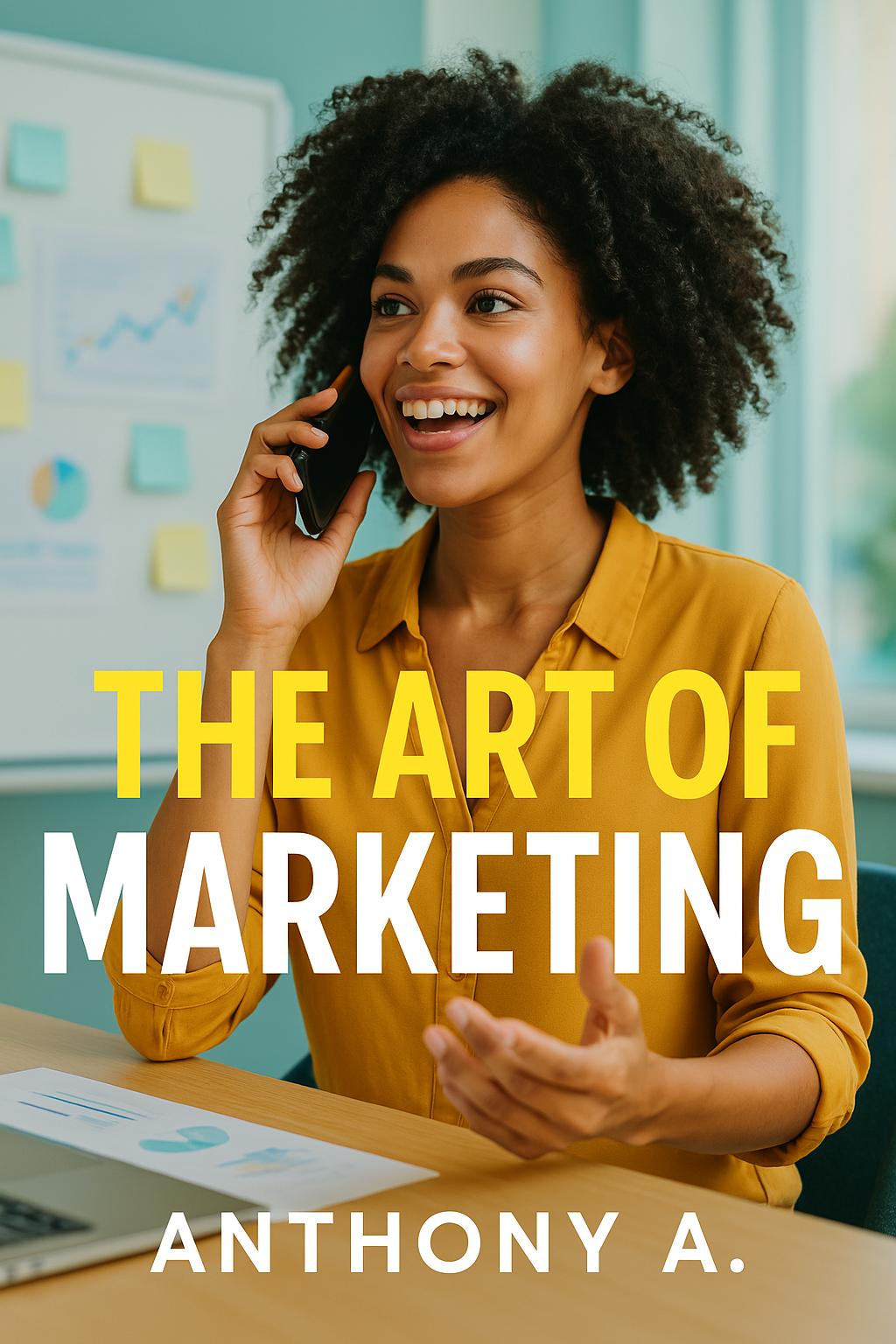i haven't been able to stop using chatgpt's new image generator since i found it
when it comes to ai image generation, i've had a front-row seat to the revolution. back in 2021, well before chatgpt became a household name, i was already neck-deep in emerging ai technologies.
during my time as creative director at get joy food, i worked under tom arrix, the former vp of marketing for facebook and one of their first 100 employees. tom's connections with silicon valley's elite gave our team unprecedented access to cutting-edge technologies most marketers wouldn't see for years.
through his relationships with startup ceos from his facebook days, i got early access to ai tools that would later transform the industry. i even directed the development of the first-ever dog park in the metaverse (yes, that was a thing) and collaborated closely with vidmob, the creative data company whose ai-powered software helps brands develop and apply creative best practices across media.
all this to say: i've seen the evolution of ai creative tools from the beginning. so when openai released their new gpt-4o image generator, i approached it with the critical eye of someone who's been around this block many times before.
beyond the interface: what matters for real-world use
unlike most reviews that focus on the technical specs, i want to talk about what actually matters for marketing professionals.
the gpt-4o generator lives directly within the chatgpt interface – no separate login or platform needed. for someone who remembers the days of juggling five different ai tools simultaneously, this integration is genuinely refreshing.
i've found this setup lets me fluidly move from content ideation to visual creation without breaking my creative flow. i can brainstorm campaign concepts with the ai, then immediately visualize them in the same conversation.
when working with clients on tight deadlines (which is always), this workflow advantage alone can save hours per project.
some examples i’ve generated:
prompt: make an infographic with 4 panels on why the abc firm is the best marketing consulting firm in connecticut.
prompt: using the photo i shared, turn this photo into an 80’s anime style image
prompt: create an engaging and modern non-fiction book, it should feel upbeat, professional, and approachable—geared toward entrepreneurs, creatives, and marketers. include a bold, clean title centered around marketing
what sets gpt-4o apart from the competition
after testing identical prompts across multiple platforms, here's what i've noticed about gpt-4o compared to competitors:
prompt interpretation: gpt-4o has a much deeper understanding of nuanced requests. where midjourney might create something beautiful but off-brief, gpt-4o consistently delivers what was actually asked for.
consistency across images: when generating multiple images for a campaign, consistency matters. gpt-4o maintains visual cohesion across generations better than most competitors.
brand adherence: when prompted with specific brand guidelines, gpt-4o does a surprisingly good job maintaining those parameters – something crucial for agency work.
text rendering: unlike many generators that turn text into gibberish, gpt-4o can actually produce readable text in images about 80% of the time.
real applications in my workflow
working with brands across different industries, i've incorporated gpt-4o in several practical ways:
rapid prototyping: generating multiple concept directions for client presentations before investing in professional design
content calendars: visualizing an entire month of social content themes in a single session
ad creative testing: quickly producing variations of ad concepts to test audience reactions before full production
storyboarding: creating visual sequences for video projects that actually make sense narratively
the unexpected limitation nobody's talking about
while most reviews focus on technical capabilities, there's a practical limitation that's rarely discussed: the creative brief quality still matters enormously.
in my testing, the difference between mediocre and exceptional outputs wasn't just about the tool's capabilities – it was about how well i could articulate what i wanted. this is where my experience with vidmob's creative data approach has been invaluable.
poor prompts yield poor results, regardless of how advanced the model is. gpt-4o doesn't eliminate the need for creative direction; it amplifies the impact of good direction.
is it worth your subscription dollars?
as someone who manages marketing budgets for clients, here's my practical assessment:
if you're exclusively looking for image generation, there are cheaper or free alternatives that might serve your needs. however, if you're regularly using ai tools for content creation across multiple formats, the $20 chatgpt plus subscription offers compelling value.
the productivity gains from having text, image, and video generation in one platform easily justify the cost for most marketing professionals. my team saves approximately 15-20 hours per month by consolidating these tools, which translates to thousands in billable hours.
the bottom line for marketers
ai image generation has moved beyond being a novelty to becoming an essential part of the modern marketing toolkit. having worked with these technologies since their early days, i can confidently say that gpt-4o represents a significant leap forward.
its strongest advantage isn't just image quality – it's the thoughtful integration with the broader chatgpt ecosystem that makes it particularly valuable for marketing workflows.
the tool still has limitations – complex scenes with multiple interacting elements can still come out awkward, and very specific artistic styles can be hit-or-miss. but for day-to-day marketing visualization needs, it's become my go-to resource.
having witnessed the evolution of ai creative tools from their infancy in 2021 to today's offerings, i'm excited about where we're headed. the gap between idea and visualization continues to narrow, allowing marketers to focus more on strategy and less on production logistics.
what ai tools have you incorporated into your marketing workflow? have you found certain use cases where they excel or fall short? drop your experiences in the comments – i'm always looking to refine my approach.


